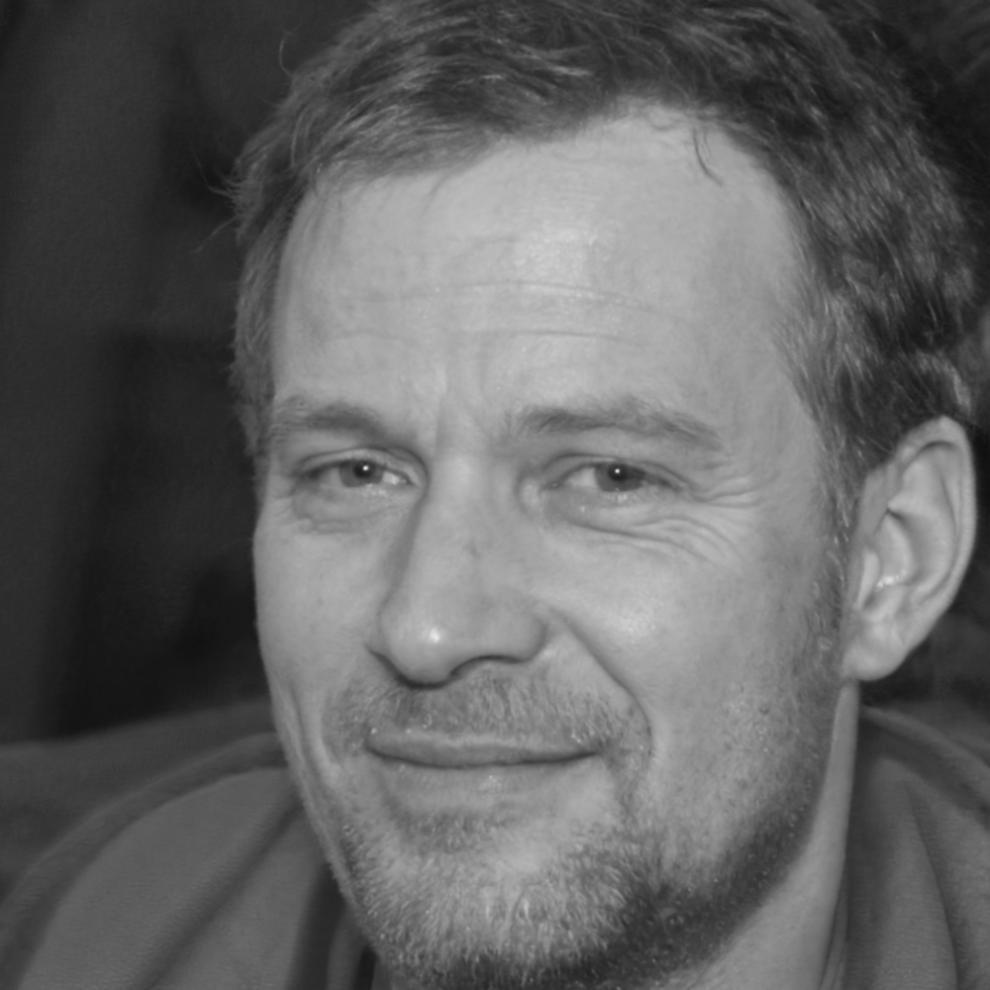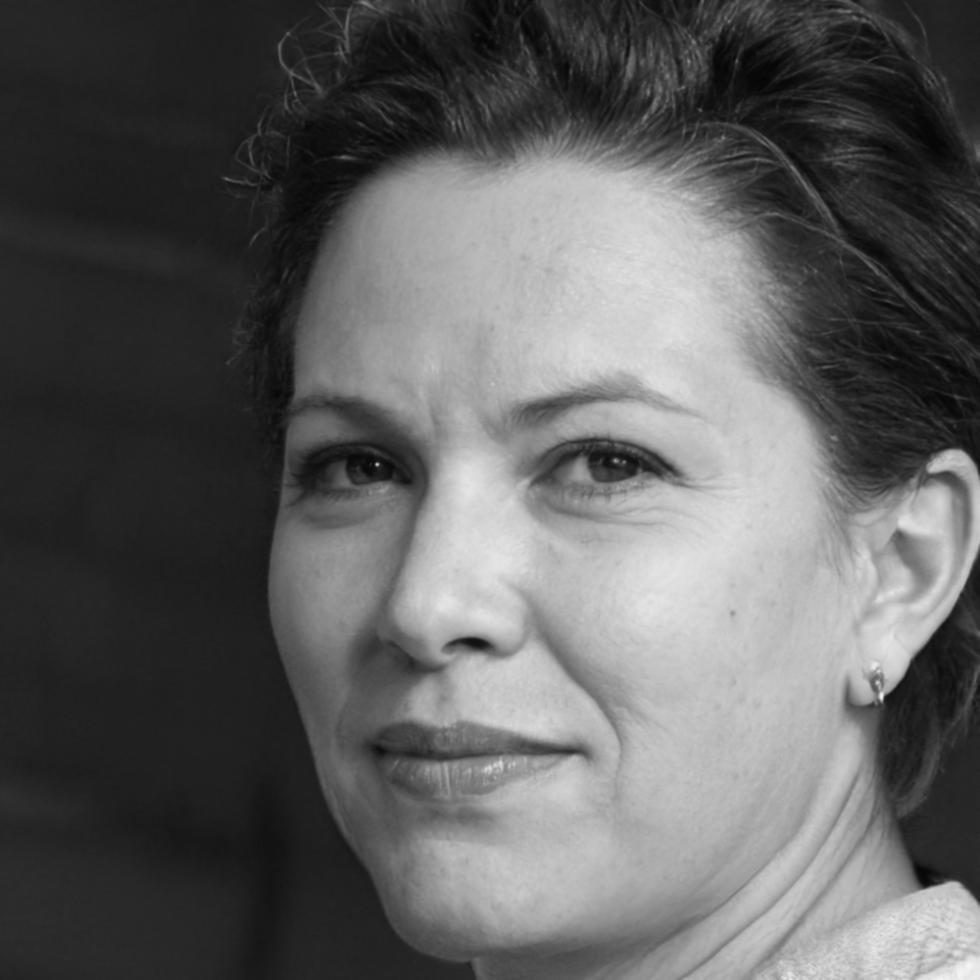Build Systems That Actually Work
We're launching a hands-on program this September where you'll spend six months building real infrastructure. Not following tutorials—solving actual problems alongside people who've been doing this for years.
Ask About Fall EnrollmentLearn From People Who Build This Stuff Daily
Our instructors aren't just teachers—they're active engineers who deal with production systems every day.

Damaris Lundqvist
Infrastructure Lead
Spent the last eight years building cloud systems for companies handling millions of users. Damaris focuses on the messy reality of scaling infrastructure when things break at 3 AM.

Tavish Carberry
Security Engineer
Tavish has been securing systems since 2013 and knows what actually matters versus what just looks good in documentation. He'll teach you how to think about security before something goes wrong.

Evelina Thornberg
DevOps Specialist
Evelina bridges the gap between development and operations. She's helped teams move from manual deployments to automated pipelines that don't break every other week.

Sibylla Westergaard
Database Architect
When your database starts falling apart under load, you need someone like Sibylla. She's been optimizing data systems for twelve years and can explain complex concepts without the jargon.
Learning That Fits Your Schedule
Everyone's situation is different. We've structured things so you can actually finish without quitting your job or abandoning your life.
Live Sessions Twice Weekly
Tuesday and Thursday evenings, 7-9 PM Central. All sessions recorded if you miss one. We go deep on concepts and work through problems together.
Project Work On Your Time
Build your main project at whatever pace works. Some people put in ten hours a week, others do twenty. Both can succeed—it just takes different amounts of time.
Weekly Office Hours
Drop in Saturdays between 10 AM and 2 PM to get unstuck. Sometimes you just need someone to look at your code and point out the obvious thing you've been missing.
Private Discussion Board
Ask questions anytime. The instructors check in daily, and your cohort usually has answers faster than you'd expect. Turns out other people hit the same roadblocks.

What You'll Actually Build Over Six Months
Each phase builds on the last. By the end, you'll have deployed a complete system and fixed it when things went wrong.
Foundation Architecture
Weeks 1-6
Start with Linux fundamentals and networking basics. Deploy your first server and understand what's happening under the hood. We skip the theory-only stuff and get you working with actual systems immediately.
Containerization and Orchestration
Weeks 7-12
Docker isn't that complicated once you see why it exists. Build containers, manage them with Kubernetes, and learn what all those config files actually do. This is where things start clicking together.
CI/CD Pipeline Construction
Weeks 13-18
Set up automated testing and deployment. Watch your code go from laptop to production without manual intervention. Break things intentionally to understand how rollbacks work when deployments fail.
Monitoring and Incident Response
Weeks 19-24
Learn how to know when something's wrong before users complain. Set up proper logging and alerting. Practice debugging production issues using the same tools real teams use during outages.

What Happens After Six Months
We can't promise you a job—that's on you. But we can make sure you have something real to show and the skills to talk about it intelligently.
A Complete Portfolio Project
You'll have built and deployed a full system with proper CI/CD, monitoring, and documentation. Something you can walk someone through in an interview and actually explain your decisions.
Real Technical Experience
Six months of building means you'll recognize problems when you see them again. You'll know which tools solve which issues and why certain approaches work better than others.
Professional Network Access
Your cohort becomes your network. These are people working on similar problems who might know about job openings or can introduce you to hiring managers. Most of our students stay in touch long after graduation.